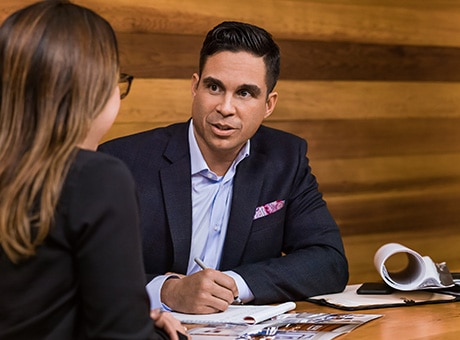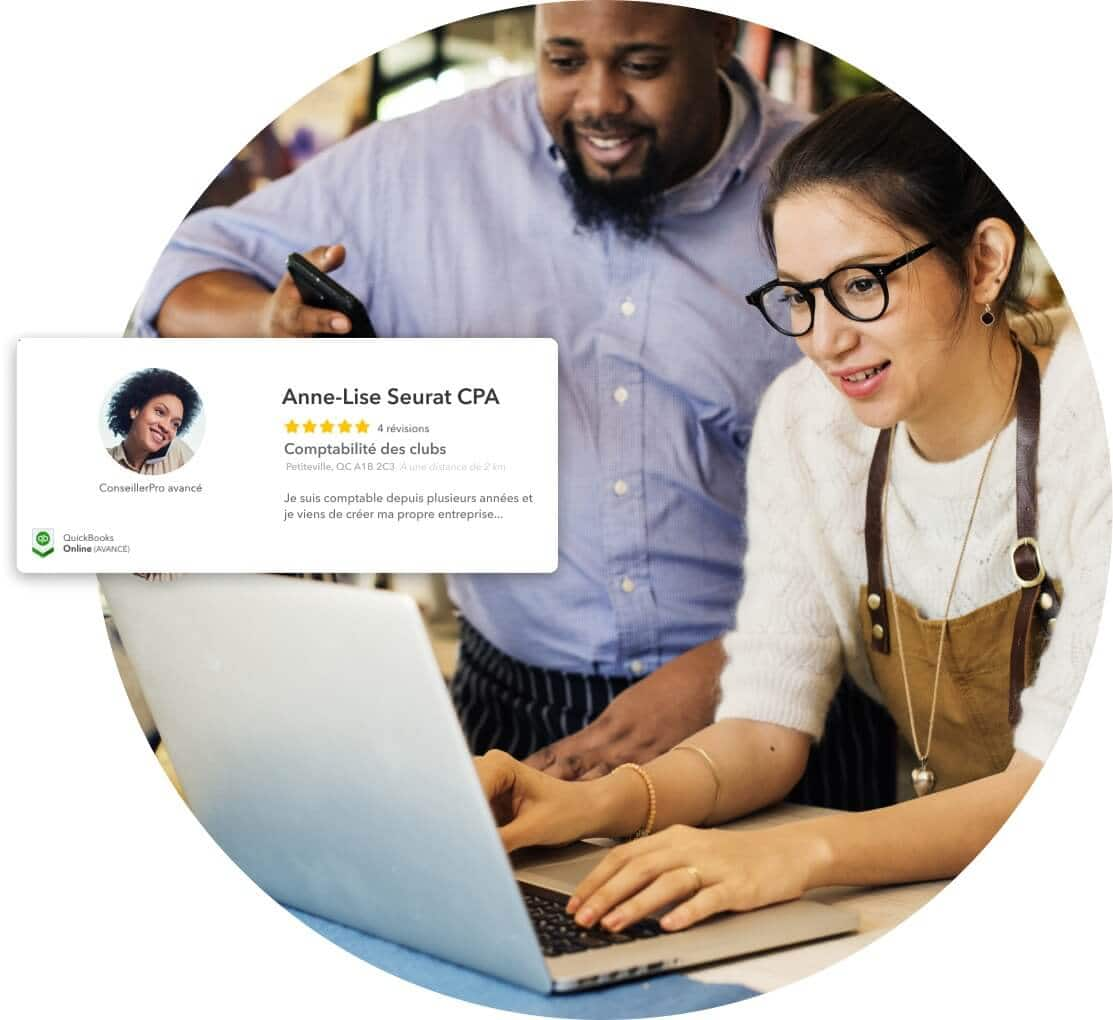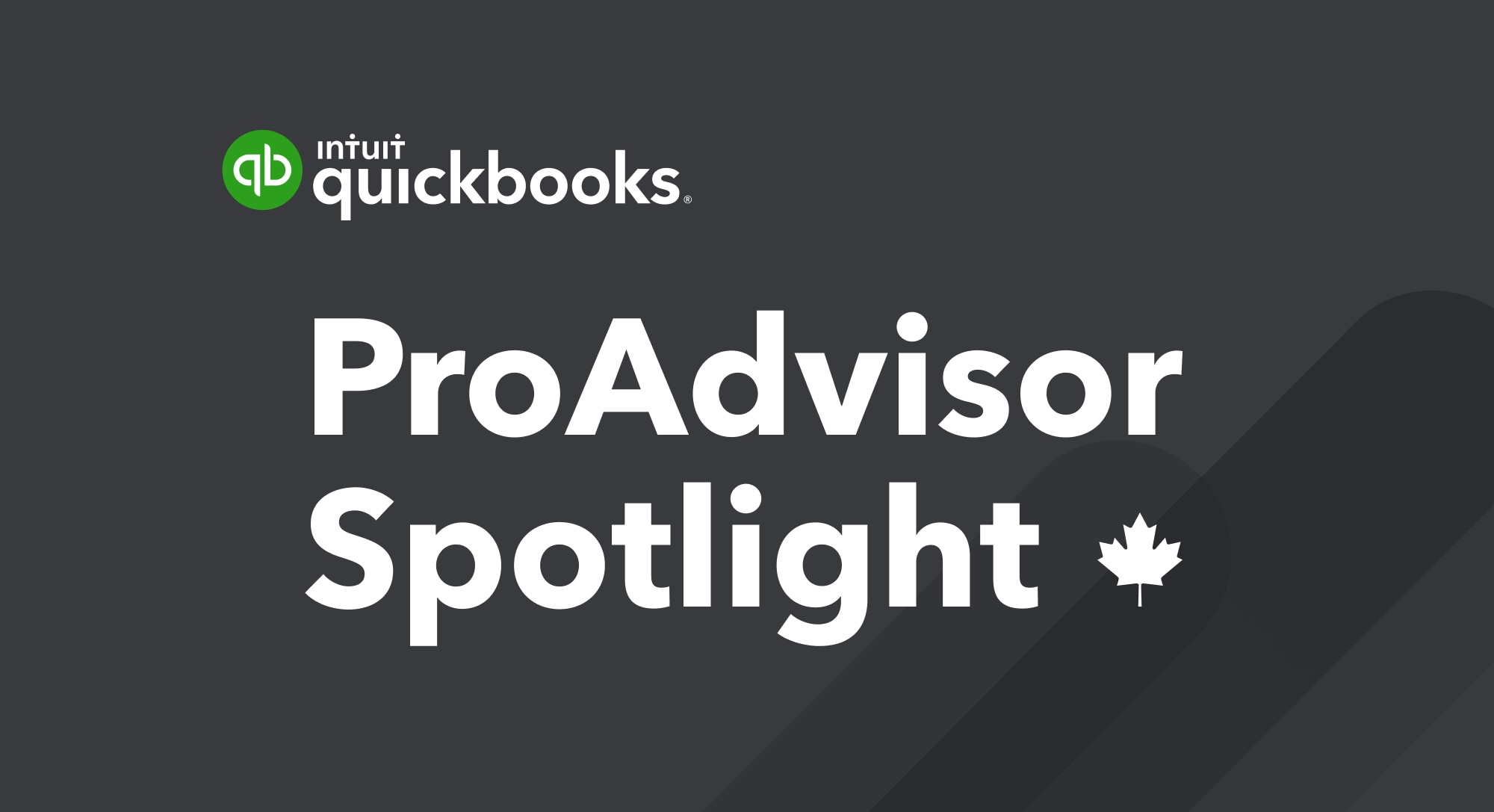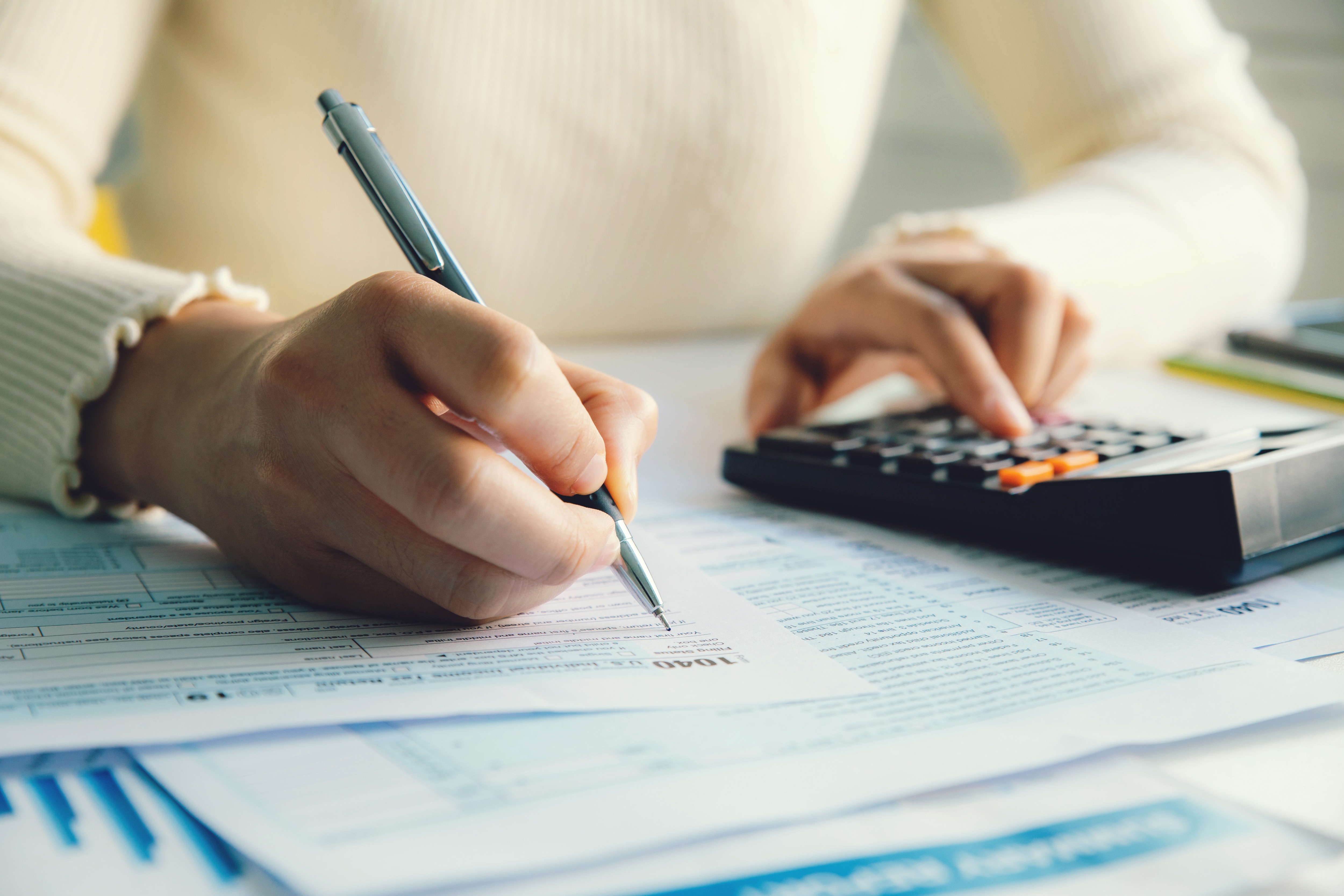Are you considering becoming a Chartered Professional Accountant (CPA) in Canada? These financial professionals work in various accounting environments, including government, private companies, and private practice. This designation occurred when Canada rolled the three previous designations - Chartered Accountant (CA), Certified General Accountant (CGA), and Certified Management Accountant (CMA) - into one united designation. Some of the services you can offer as a CPA include tax planning, financial document preparation, and business valuations.

How to Become a Chartered Accountant
Top 3 Reasons to Become a CPA
A CPA designation states that you have more than one technical accounting focus, and that you can think beyond the numbers to attain the next level in business and leadership. There are many great reasons to become a CPA, including:
- Better salary – CPAs command better salaries than regular or unlicensed accountants. You even earn more if you work as an independent CPA because you can charge more for the additional services you offer.
- Job security – A high-demand profession in Canada, CPAs have an advantage over non-CPA financial professionals.
- Work variety – CPAs can work in pretty much any industry they want. This gives you considerable flexibility in your career, allowing you to easily switch from one job to another to keep your professional life fresh.
How to Become a Chartered Accountant
Different pathways can qualify you to become a CPA in Canada and take the CPA Professional Education Program (PEP), but the default route includes:
- Obtaining an undergraduate degree in relevant concentration from any recognized university in Canada
- Enrolling in the CPA Professional Education Program
- Completing 30 months of relevant accounting experience
- Finishing four education modules during full-time work experience
- Passing the 3-day Uniform Evaluation (UE) exam, which tests your accounting knowledge and competency
What Is CPA PEP?
CPA PEP is a two-year, part-time accounting program designed for accounting professionals who work full time. This program consists of six modules:
- Two core modules in six technical competencies: financial reporting, management accounting, strategy and governance, finance and taxation, and audit and assurance
- Two electives in your choice of tax and finance, assurance, and performance management
- One capstone integrative module where you build your professional and leadership skills
- One capstone exam prep module
Each module ends with an examination, and if you want to go into tax or public accounting, you must also take exams geared toward those specialties. As a CPA candidate, you must pass each module examination before you can proceed to the next. To complete the whole process, you need to pass the Common Final Examination, a 3-day test.
What If You Don’t Have an Undergraduate Degree?
You can still qualify for Canada's CPA exams even if you don’t have a bachelor’s degree. However, you must provide proof of at least eight years of work experience in CPA technical competency areas. You’ll also need to complete the CPA PEP prerequisite courses, provide three letters of reference, and a personal statement.
If you’re not a Canadian or you obtained your accounting training in a foreign country, CPA Canada must assess your credentials prior to certifying you as a CPA.
You won’t obtain a CPA position through education alone. Instead, you must pass an exam to gain the official designation. This means you might want to research widely and consult with the accounting authorities in your province before enrolling in the CPA education program. As a CPA, you can work for a company or offer services as an independent contractor. If you take the independent contractor route, you can help automate your personal finances by using the QuickBooks Self-Employed app, which helps freelancers, contractors, and sole proprietors track and manage their businesses on the go. Download the app now.



